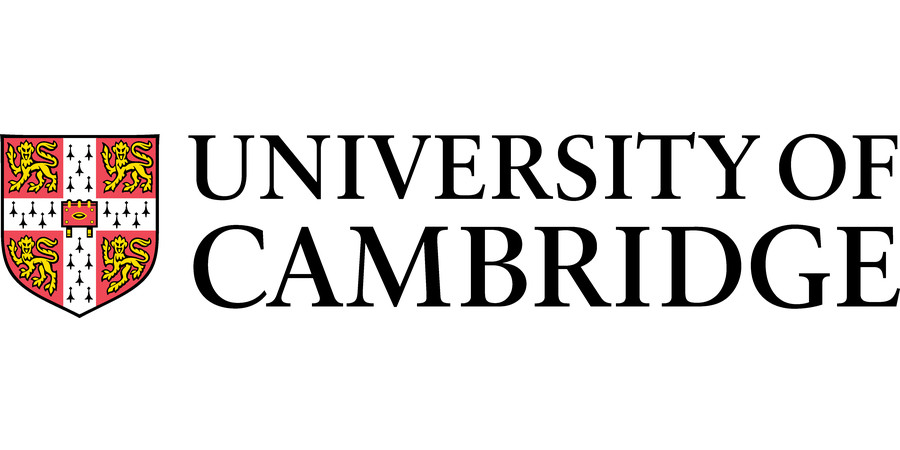PhD Studentship : Optimising Thrombectomy Treatment for Acute Ischemic Stroke - Leveraging Clinical Imaging and Physics-Based Computational Modelling to Improve Care
University of Cambridge - Department of Chemical Engineering and Biotechnology
| Qualification Type: | PhD |
|---|---|
| Location: | Cambridge |
| Funding for: | UK Students, EU Students, International Students |
| Funding amount: | Se advert for details |
| Hours: | Full Time |
| Placed On: | 17th January 2025 |
|---|---|
| Closes: | 28th February 2025 |
| Reference: | NQ44740 |
A PhD studentship funded by the W.D. Armstrong Trust Fund at the University of Cambridge is available for the project ''Optimising Thrombectomy Treatment for Acute Ischemic Stroke - Leveraging Clinical Imaging and Physics-Based Computational Modelling to Improve Care.'' This project will be co-supervised jointly by Dr Shelly Singh-Gryzbon and Dr Nicholas Evans, and it has a start date of 1 October 2025.
Additional Information: Funding will cover 3 years tuition fees with 3.5 years stipend at the UK rate. Non-UK applicants will be considered only if they can fund the overseas fees differential and can demonstrate that they have the funds to meet the difference in fees. (No further funding is available via the University.)
Background: Ischemic stroke is a leading cause of adult disability and mortality, with an aggregated cost to the UK economy of £26bn per annum. Ischemic strokes account for around 85% of all strokes and occur when a blood clot blocks blood flow and oxygen supply to part of the brain. This blockage can lead to irreversible brain damage if the blood flow is not restored quickly. Mechanical thrombectomy is a minimally invasive (endovascular) procedure that involves the use of a retrieval device to capture and remove the clot from the affected blood vessel, thereby restoring cerebral blood flow. For eligible patients, thrombectomy can significantly reduce the extent of brain damage, resulting in improved chances of neurological recovery and reducing long-term disability. However, success rates vary and procedural complications such as vessel injury and perforation, hemorrhage, or secondary embolic events pose additional risks, particularly when multiple retrieval attempts (passes) are required. Currently, the underlying causes of clot retrieval failure remain poorly understood.
Objectives: In this project, we aim to improve outcomes in mechanical thrombectomy for ischemic stroke by leveraging clinical imaging and computational modelling. A clinical registry from Addenbrooke's Hospital comprising of CT angiography and non-contrast CT brain images for ~250 stroke patients will be used to develop patient-specific 3D models and perform computational simulations to:
1.) identify biomechanical and hemodynamic factors associated with successful clot retrieval,
2.) discover mechanistic relationship underpinning clot-anatomy interactions leading to clot retrieval difficulty, and
3.) develop a predictive tool to assess thrombectomy success or complications based on patient-specific imaging data.
Requirements: Applicants should have a First Class undergraduate degree or equivalent degree in a relevant discipline such as chemical engineering, biomedical engineering, mechanical engineering, or a related subject. For those who completed the undergraduate degree outside the UK, please check the international equivalency prior to applying: https://www.postgraduate.study.cam.ac.uk/apply/before/international-qualifications
Applicants with relevant research experience, gained through Master's study or while working, are strongly encouraged to apply.
Applicants would also be expected to meet the Department's other standard entry criteria: https://www.postgraduate.study.cam.ac.uk/courses/directory/egcepdcng/requirements
How to Apply: Interested applicants must submit a formal application for admission to our PhD in Chemical Engineering with the supporting documents, indicating Dr Singh-Gryzbon as a prospective supervisor and noting vacancy reference number NQ44740 in the research proposal field. For further information about the application process, please click the 'Apply' button above.
Informal enquiries can be addressed to Dr Shelly Singh-Gryzbon, ss3127@cam.ac.uk or Dr Nicholas Evans, ne214@cam.ac.uk.
The University actively supports equality, diversity and inclusion and encourages applications from all sections of society.
The University has a responsibility to ensure that all employees are eligible to live and work in the UK.
Advert information
Type / Role:
Subject Area(s):
Location(s):









